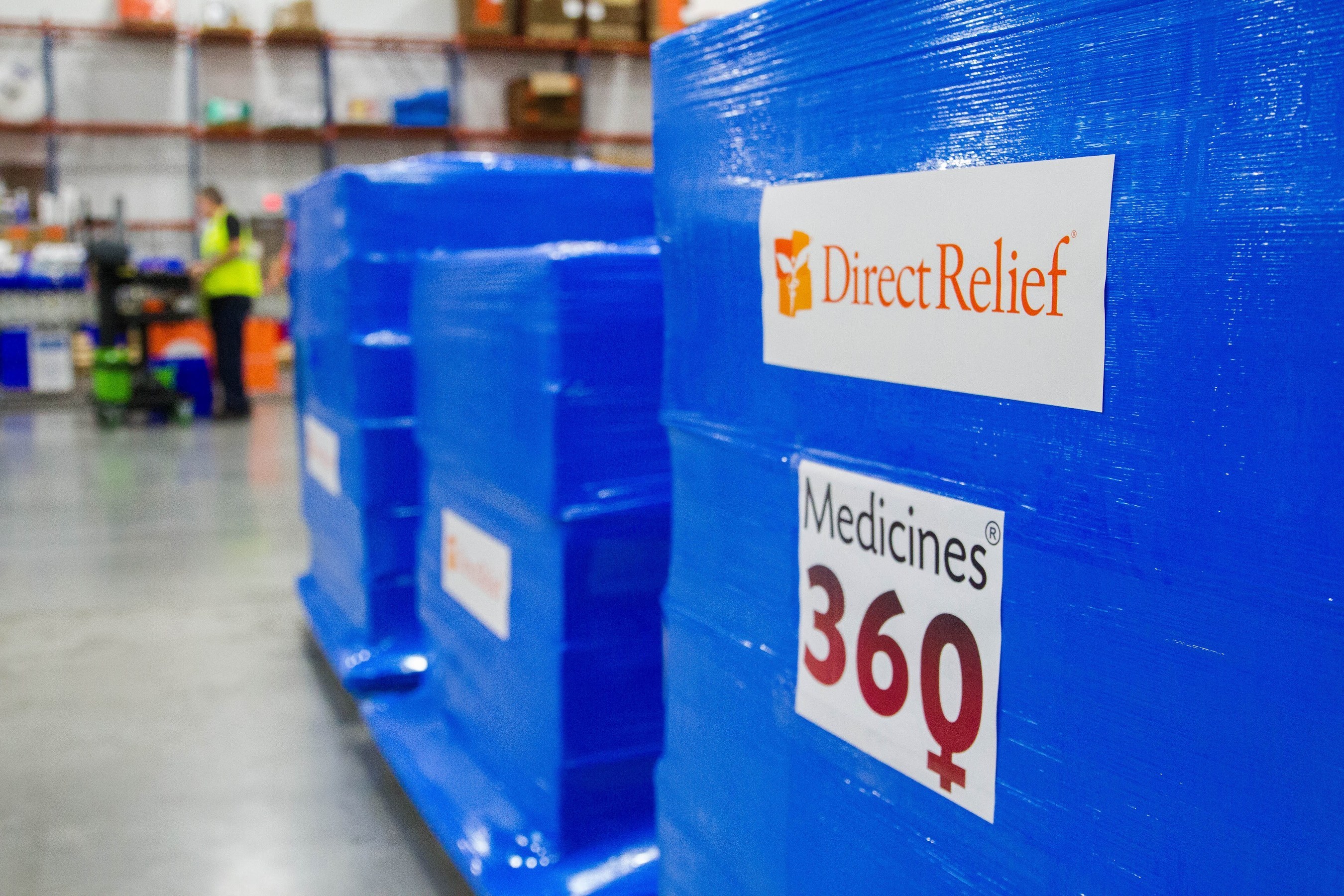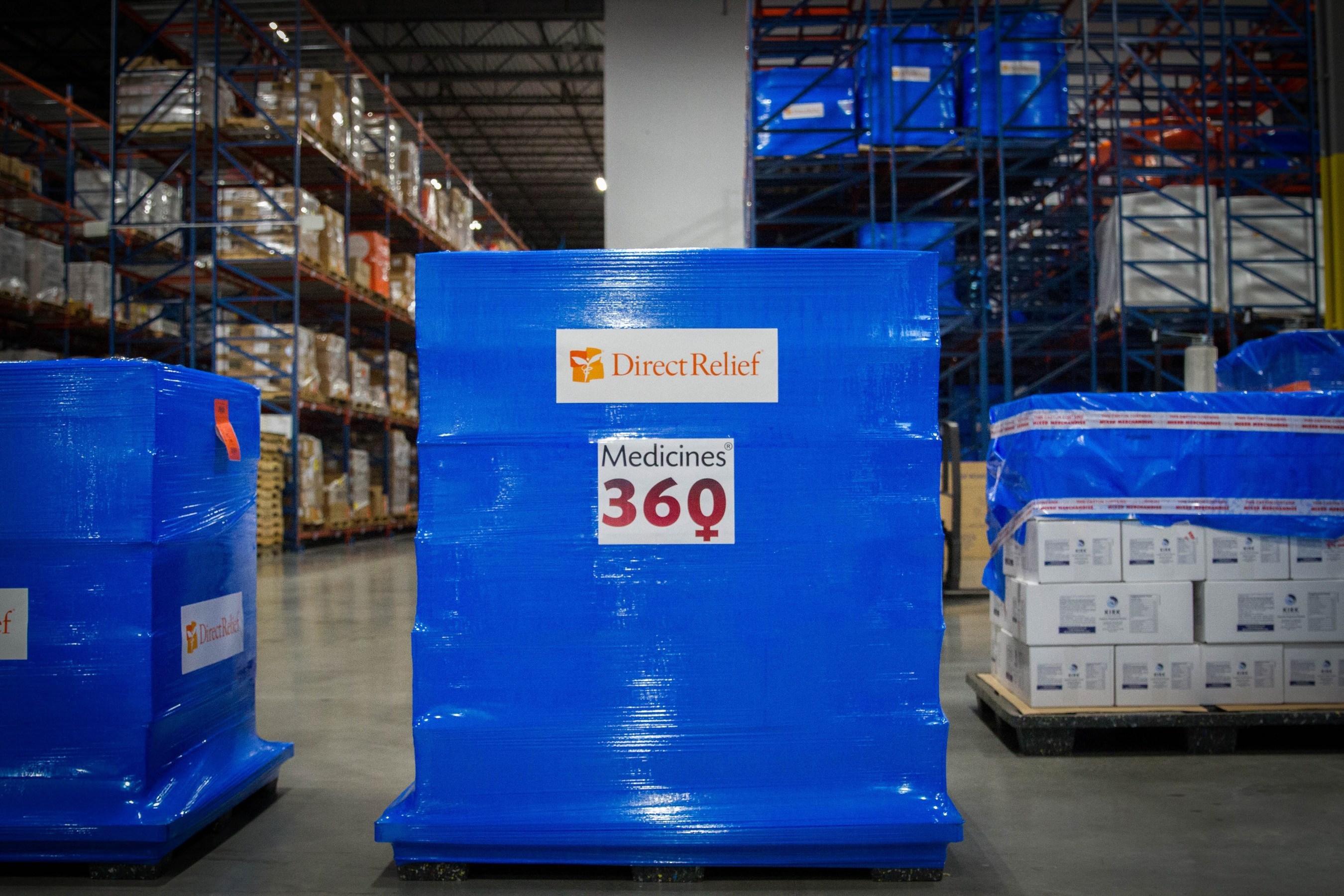Partnership will provide free hormonal IUDs to underserved women across the country
SAN FRANCISCO and SANTA BARBARA, Calif. – Medicines360, a mission-driven women’s health pharmaceutical nonprofit and Direct Relief, a humanitarian aid organization, today announced their partnership to provide Medicines360’s hormonal IUD, LILETTA®, free of charge to clinics that serve the most vulnerable women in the United States, such as uninsured women. Medicines360 established an institutional patient assistance program (IPAP) known as the “IUD Access Partnership,” with Direct Relief to provide IUDs to clinics that serve women who cannot obtain the product through private insurance, Medicaid or other public funding. This partnership marks the first consistent supply of contraceptives offered through Direct Relief. In addition, this joint endeavor represents a new, groundbreaking approach for expanding contraceptive access at a critical moment in history for women’s reproductive rights.

“A woman should be able to choose if and when she becomes pregnant, but in the United States, not every woman has that luxury,” said Jessica Grossman, MD, CEO of Medicines360. “Unfortunately, access to the most effective forms of contraception, like IUDs, is an issue for many clinics where low-income women seek care. This partnership delivers on our mission to expand access for the women who need it most, allowing them to avoid unplanned pregnancy if they choose.”
IPAPs provide drugs and medical supplies free of charge via bulk shipments to specific, vetted institutions. With an IPAP for the hormonal IUD, a woman can receive an IUD the same day she visits the clinic. This simplified process will eliminate the expense and inconvenience of a return trip, which is often prohibitive for women of lower incomes.

“This partnership reaffirms our shared commitment to filling the gaps in women’s health. Direct Relief’s collaboration with Medicines360 demonstrates the power of two mission-driven organizations joining forces to tackle issues that affect reproductive care, and we look forward to meeting the needs of underserved women across the country,” said Thomas Tighe, Direct Relief President and CEO.
IUD Access Partnership enables increased access to IUDs, a form of long-acting reversible contraceptives (LARCs), which are among the most effective forms of family planning according to the CDC.1 This is all possible through Direct Relief’s scalable program that delivers essential medical resources by working with pharmaceutical manufacturers and local healthcare providers.
About Medicines360
Medicines360, located in San Francisco, California, is a nonprofit global women’s health pharmaceutical company with a mission to expand access to quality medicines for all women regardless of their socioeconomic status, insurance coverage, or geographic location. Medicines360 is committed to working with healthcare providers, advocacy groups and patients to deliver innovative and meaningful treatments that help women around the world have greater access to the medicines they need. For more information, visit https://www.medicines360.org.
About Direct Relief
Established in 1948 with a mission to improve the health and lives of people affected by poverty or emergencies, Direct Relief delivers lifesaving medical resources throughout the world—without regard to politics, religion, ethnic identities, or ability to pay. With operations spanning more than 70 countries and all 50 states in the U.S., Direct Relief is the only charitable nonprofit to obtain Verified Accredited Wholesale Distributor (VAWD) accreditation by the National Association of Boards of Pharmacy. Among other distinctions, Direct Relief earns a perfect score of 100 from independent evaluator Charity Navigator, was listed among the world’s most innovative nonprofits by Fast Company, and has received the CECP Directors’ Award, the Drucker Prize for Nonprofit Innovation, and the President’s Award from Esri for excellence in GIS mapping. For more information, please visit https://www.directrelief.org.
———————————————————————————————————
1 Centers for Disease Control and Prevention, National Center for Chronic Disease Prevention and Health Promotion, Division of Reproductive Health. (2017, February 9). Contraception [Fact sheet]. Retrieved from https://www.cdc.gov/reproductivehealth/contraception/index.htm

